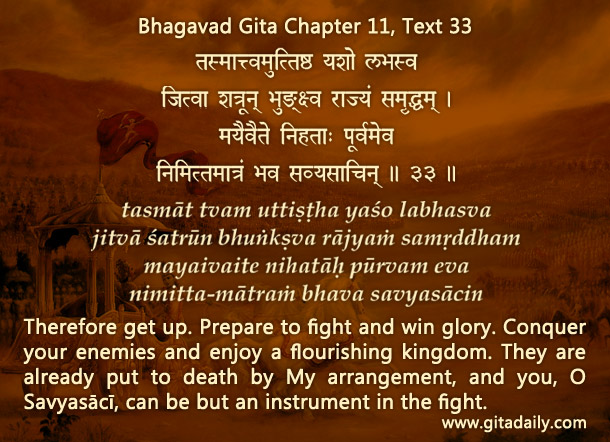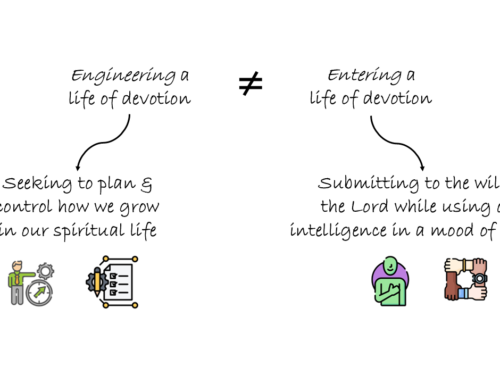Sometimes, life puts us in situations that reduce our autonomy: a demanding job, a difficult relationship, a dreadful disease. If we overvalue autonomy, deeming it as life’s foremost value, we will become so resentful as to make ourselves miserable and blind to things that matter more than autonomy. What are those things?
First is responsibility. Suppose someone impulsive and irresponsible gets a huge inheritance. That would grant them financial autonomy, but they will probably squander it on petty pleasures or, worse still, on self-destructive addictions. In contrast, suppose someone who doesn’t get any inheritance and has to learn to become financially responsible. Thereafter, if they inherit or earn a substantial amount, they will use the resulting financial autonomy well.
Second and even more important is spirituality, which helps us focus on our most important responsibility: to our own consciousness. The state of our consciousness determines our present well-being as well as our capacity to strive for our future well-being; indeed, our consciousness is our most foundational asset. And spirituality essentially centers on principles and practices that equip us to improve our consciousness. If we become spiritual enough to manage our consciousness, we can face life’s toughest tests gracefully and successfully.
Significantly, the Bhagavad-gita leads Arjuna on a journey from autonomy through responsibility to spirituality. The Gita starts with Arjuna insisting on his autonomy by refusing to fight a painful war (02.09). Krishna responds by reminding him of his social responsibility (03.24). Then, Krishna stresses Arjuna’s spirituality, whereby his consciousness can become a potent channel for the Divine’s plan for the world’s well-being (11.33).
One-sentence summary:
Don’t resent the absence of autonomy so much as to become blind to opportunities for responsibility and spirituality.
Think it over:
- Can you think of anyone who embraced responsibility amid situations of limited autonomy and emerged stronger?
- Can you think of anyone whose spirituality empowered them to face loss of autonomy better?
- Do you feel resentful about any situation? Therein, how can you shift your focus from autonomy to responsibility and spirituality?
***
11.33: Therefore get up. Prepare to fight and win glory. Conquer your enemies and enjoy a flourishing kingdom. They are already put to death by My arrangement, and you, O Savyasācī, can be but an instrument in the fight.



Nice, please keep it up.
HARE KRISHNA…………